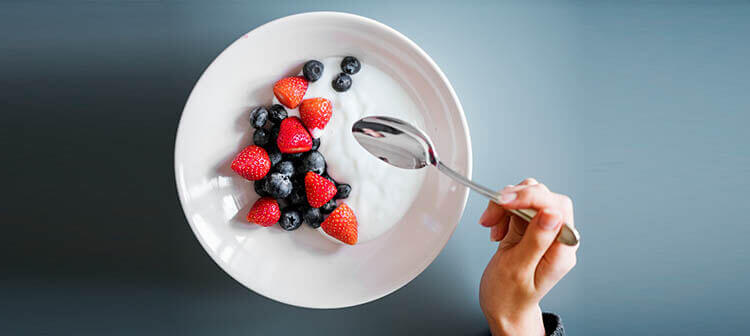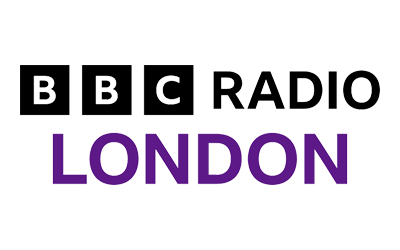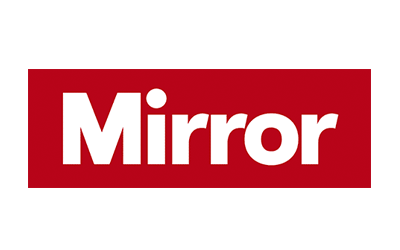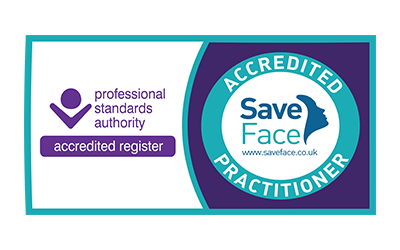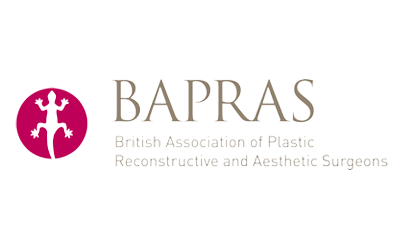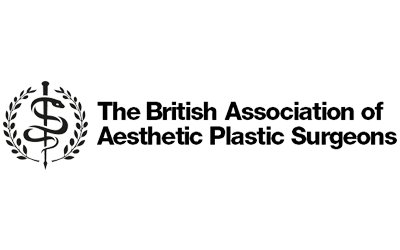The maxim is that if you fail to prepare, then you’re preparing to fail, and that’s as true for cosmetic surgery as with everything else. Making sure you’re in optimal health before your procedure can help deliver the optimal outcome and, as a recent study proved, even those very last few meals might make a difference to your recovery.
Researchers in the US found that fatty tissue is always traumatised during major surgery, impacting its chemical balance and they discovered that a high-fat diet showed an exaggerated imbalanced response, while adopting a lower-fat diet in the weeks immediately before surgery might produce a more normal response.
Supporting patients holistically is important to us at Karidis Clinic, which is why we have welcomed leading nutritionist Yvonne Wake to the team. Recently, Yvonne covered the top ten foods to eat after your op to promote healing and here she gives the lowdown on what to fuel up on ahead of the big day.
“A very important factor to consider prior to a procedure is our diet,’ Yvonne explains. “Following a healthy diet and staying well-hydrated before any type of cosmetic surgery will help to achieve the best results possible.
“In general, eating healthy, nutritious foods and staying hydrated will help to eliminate toxins, minimise inflammation, aid sound digestion and encourage good blood circulation, thereby supporting your body’s natural healing mechanisms and optimising the results.”
What should I eat before cosmetic surgery?
The body requires more nutrients before and after plastic surgery to promote wound healing so adopting a cosmetic surgery diet is essential. Proteins are particularly key as they are required for new blood cell and collagen production and are vital for a strong immune system. The best source of proteins are fish, eggs, lean organic meats and veggie proteins such as seeds, nuts and quinoa.
Free radicals are unstable molecules that can damage the cells in the body and levels of free radicals in the body can increase as a result of pollution or sun damage, for example. “The presence of free radicals can also grow in response to surgical stress, retarding healing and causing tissue damage,” Yvonne warns.
To prevent this, it’s really important to build up an excess of antioxidants that fight the action of free radicals in the body. Nutrients such as vitamins A and C, selenium, manganese and CoQ10 can be taken as supplements and you should eat an array of organic fruit and vegetables that are rich in antioxidants.
You’ll find vitamin A in kale and spinach and vitamin C in citrus fruits and green peppers.
Mushrooms, cabbage, and spinach contain plenty of selenium and raspberries, pineapples, and bananas are all good sources of manganese.
What foods should I avoid before cosmetic surgery?
To ensure you’re fit and well for surgery, there are also some foods you should be avoiding one to two weeks before your operation. Yvonne recommends significantly lowering your intake of salt and sugar. The latter is particularly important as refined sugars can suppress your immune function and promote inflammation.
A week before surgery you should also eliminate foods and supplements that can affect your immune system, blood clotting and your body’s reaction to the anaesthesia. Omega 3 and many vitamins increase bleeding time. Ginger, green tea, flaxseed, cayenne, ginkgo, garlic, tomatoes and potatoes may also impact blood clotting time and your reaction to a general anaesthetic.
Yvonne’s Cosmetic Surgery Diet:
- Eat mainly fruit and vegetables – I recommend an 80% plant-based diet
- Variety counts. All colours
- Organic if you eat meat and poultry
- Keep dairy products to a minimum
- No junk food
- No processed food
- No white flour
- Only eat wholegrain
- No refined sugars – found in cakes, biscuits, pastries, sweets etc
- Eat plenty of oily fish to get your omegas – sardines are the best source
- No excessive alcohol – or none if possible
- Walk everywhere if possible
- Sleep for at least 7.5 hours a night
- Drink water every day – at least 2 litres
For more nutritional advice, call 020 7432 8727 to arrange a consultation with Yvonne or with one of our plastic surgeons at Karidis Clinic which can discuss how best to prepare yourself for cosmetic surgery.
